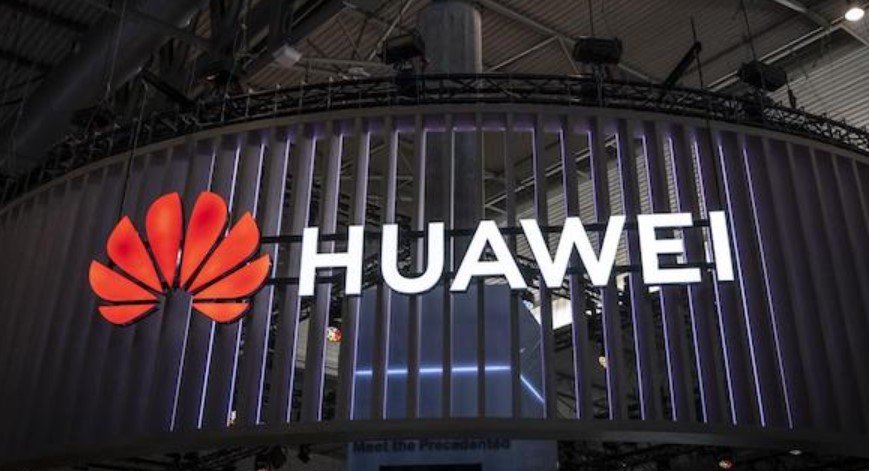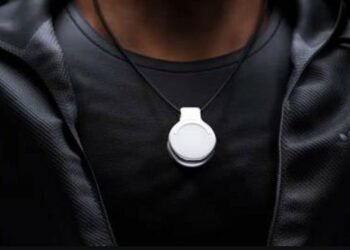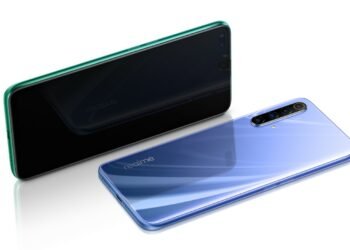In a bold move that has ignited a political firestorm, Huawei Technologies Co., Ltd. has unveiled its latest innovation in artificial intelligence (AI) computing: the MateBook X Pro. This laptop, powered by Intel’s new Core Ultra 9 processor, represents a significant leap forward in AI-enabled devices. However, the launch has drawn sharp criticism from US Congress members, who question the Biden administration’s decision to allow such advanced technology to be shipped to Huawei.
The Controversy Behind the Innovation
Huawei’s introduction of the MateBook X Pro has been met with a mix of awe and alarm. The device’s capabilities are undeniably impressive, with the Intel Core Ultra 9 processor at its heart, enabling unparalleled AI computing power. Yet, this technological triumph has been overshadowed by geopolitical tensions.

The US government’s concerns stem from Huawei’s placement on a trade restriction list in 2019, due to allegations of violating Iran sanctions. Despite this, a license issued during the Trump administration has permitted Intel to supply processors to Huawei for its laptops since 2020. The unveiling of the MateBook X Pro suggests that this relationship has continued, much to the chagrin of certain lawmakers.
Republican Congressman Michael Gallagher, chair of the House select committee on China, has been vocal in his criticism. He questions why the Department of Commerce continues to allow the export of US technology to Huawei, a company that has been at the center of numerous security and trade disputes.
The Global Implications
The debate surrounding Huawei’s new AI laptop extends beyond the halls of Congress. It touches on broader issues of international trade, technological supremacy, and national security. The MateBook X Pro’s launch has become a symbol of the ongoing struggle between the US and China over the control of cutting-edge technology.
Some experts argue that restricting Huawei’s access to US technology could hinder the company’s growth and innovation. Others contend that it is necessary to prevent the misuse of American-made technology in activities that could be detrimental to US interests.
The situation is further complicated by the fact that the chips used in the MateBook X Pro were reportedly shipped under a preexisting license, not covered by recent restrictions on AI chip shipments to China. This has led to a call for clarity and a reevaluation of the current licensing agreements.
Looking Ahead
As the dust settles on Huawei’s latest product launch, the conversation is shifting towards the future. What will the Biden administration’s next move be? How will this affect the global tech industry? And most importantly, what does this mean for the balance of technological power between the US and China?
The MateBook X Pro may be just a laptop, but it represents a much larger narrative—one that encompasses innovation, regulation, and the delicate balance of international relations.









